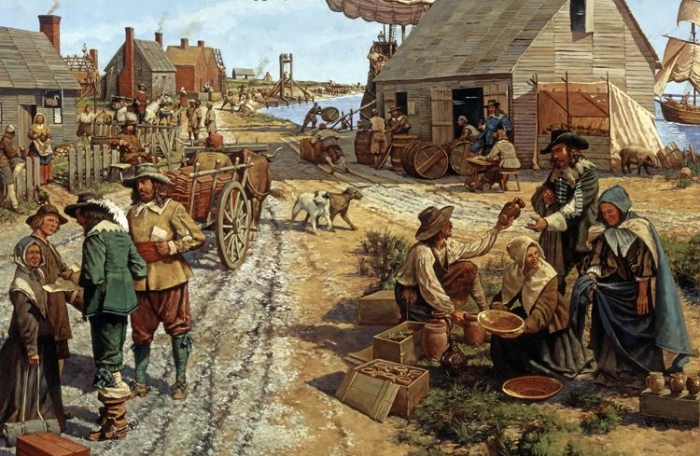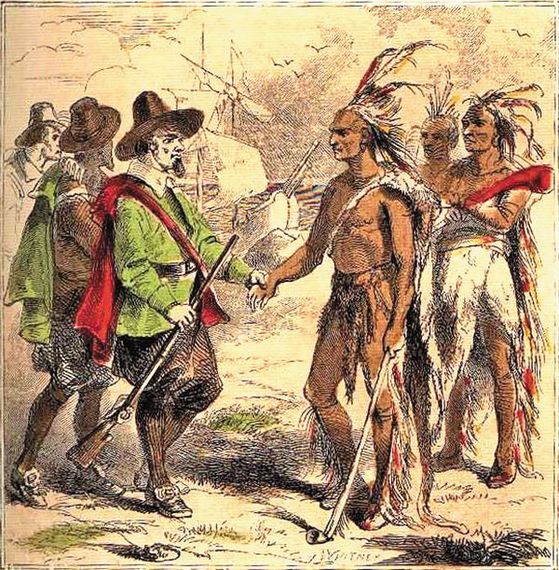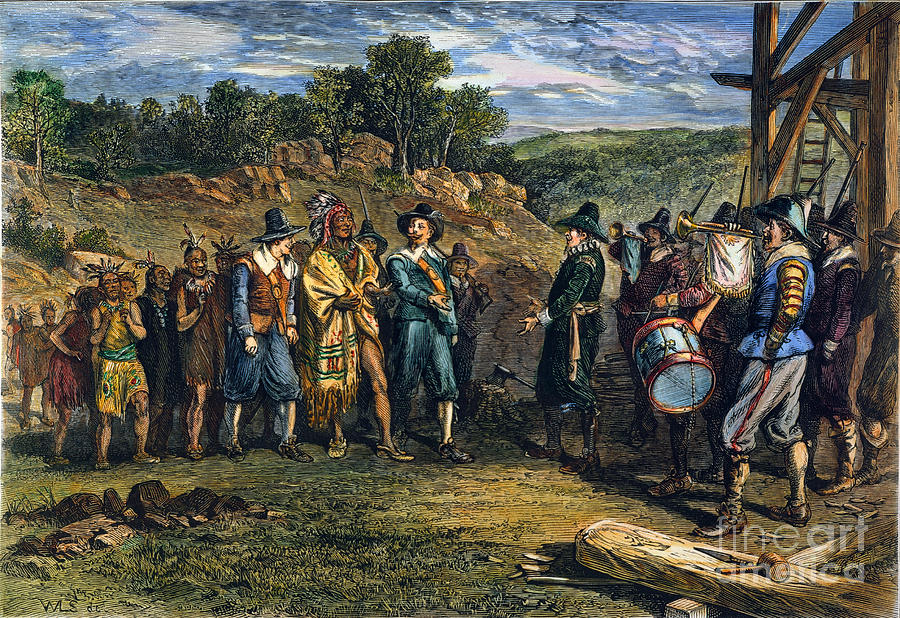
Most notable among the denunciations is eminent New England Puritan scholar Perry Miller. In recent accounts of American religious history, the Pilgrims’ influence on religious developments among the English colonies has been diminished if not rejected outright. Still, as Turner’s work also demonstrates, it is proper to give credit wherever it is due. Turner’s historical reading is one showcasing “warts and all.” While he stops short of making sustained moral pronouncements, it is not difficult for readers to fill in the ethical lines: the Pilgrims ought not to be naively lauded. This conflict highlights both the complexity of the settlers’ situation and the insidious motivations underlying much of the English conquest. Turner offers a substantial reflection on the circumstances surrounding King Philip’s War. In Turner’s account, the hypocrisy is most evident in the Separatists’ declaration of liberty for themselves yet the denial of rights for dissident religious groups such as the Baptists and the Quakers, indigenous Native American peoples, and, in some cases, enslaved African Americans after them.

One of Turner’s unique contributions in the volume reflects the aforementioned tension as he highlights, at length, the rank hypocrisy inherent within the first English colonists’ mission. Rather, the Mayflower Compact served only as a basic guiding document that, while promoting consent, participation, and a body politic, ultimately threatened those who wished to restrict the colonies’ social and religious liberty. The Americas offered both an opportunity for a new form of government, religious practice unconstrained by Catholic oversight, and the allure of new business ventures and economic prosperity.Īccording to Turner, and contra popular narratives perpetuated in post-Revolutionary America by figures such as John Quincy Adams and Daniel Webster, the Pilgrims’ first attempt at politically-defined cooperation did not amount to a “model” for the American democratic republic that emerged in the next century. The thrust of Turner’s work accords with typical accounts: Plymouth Colony was a product of Protestant impulses with separatist flair. At the heart of the Pilgrims’ plight was a contest for, and a proper definition of, “liberty.” Turner’s account provides a sweeping historical narrative, charting the Separatists’ course from dissidence in England, a retreat to Amsterdam at Leiden, the famed trans-Atlantic journey aboard the Mayflower, and the group’s efforts to build and sustain a New World colony amid constant conflict. While the Plymouth Colony was not the bastion of public warmth, democracy, and religious liberty many modern accounts describe it as, it also was not, as others argue, altogether unimportant in the development of such treasured American ideals. Turner’s account is three parts history and one part a statement. In They Knew They Were Pilgrims, John Turner endeavors to set the record straight. Perhaps more consequentially, many such accounts offer skewed representations of the Pilgrim settlers as the heroic progenitors of American democracy, true religious liberty, and congenial relations between diverse peoples.


Much of Plymouth’s recorded history amounts to tall tales.

What is more, the boulder almost certainly does not mark the geographical location at which these settlers first disembarked. Expecting an enormous crag jutting from the eastern Massachusetts coast, visitors happen, instead, upon a relatively small boulder, buried in the Plymouth Harbor beach, surrounded by a tall, man-made portico. From its physical appearance, the rock itself does not conjure such grandiose notions. In American folklore, Plymouth Rock emerges as a monument to freedom, the place where a band of English Separatists (later referred to as “the Pilgrims”) made landfall in search of a new way forward.


 0 kommentar(er)
0 kommentar(er)
